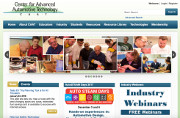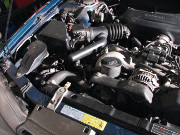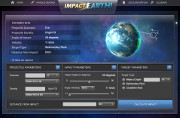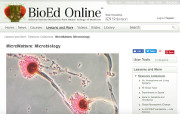
Center for Advanced Automotive Technology (CAAT)
autocaat.org/Home
The Center for Advanced Automotive Technology (CAAT) provides educational resources to meet the continuously evolving, technology-driven workforce needs of the automotive industry. The CAAT’s technology focus is in the areas of Connected and Automated Vehicles (CAV), Alternative Fuels and Fuel Cells, Material Light-Weighting and Vehicle Electrification.
The CAAT partners with industry, education, government, and professional organizations to support local economic development. Through these partnerships, the CAAT identifies funding opportunities for the creation and adaptation of curricula in advanced automotive technology programs. The CAAT provides support in the following ways:
- The establishment of seamless 2+2+2 educational pathways (high school to community college to university)
- The integration of science, technology, engineering, and mathematics (STEM) concepts into high school curricula
- Faculty professional development by creating educational pathways, resources to assist with economic development and/or workforce development related to the auto industry.
The CAAT maintains a forum for advanced automotive technology information by:
- Publishing a website featuring the latest in industry news, events and educational resources that can be downloaded and used at no cost
- Distributing an e-newsletter with updates on the CAAT and related industry and education news and events
- Hosting professional development events and webinars for educators and industry
- Connecting with industry professionals, educators and students through social media sites like Facebook, Twitter, LinkedIn and Google+







